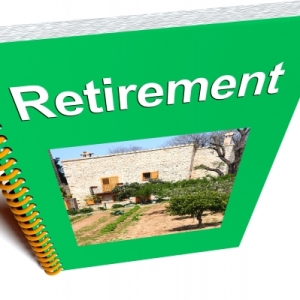Superannuation Death Benefits – Be Warned

As a matter of law an entitlement under a superannuation fund does not automatically form part of the assets of a deceased estate.
All superannuation funds in Australia are trusts, which are governed by their respective deeds of trust, subject to the Superannuation Industry (Supervision) Act 1993 (Cth), and administered by a trustee who holds a discretion in terms of the persons whom the trustee decides should receive the superannuation trust fund proceeds.





